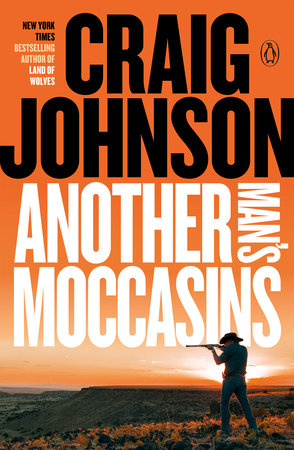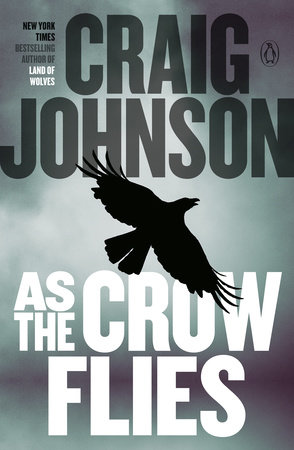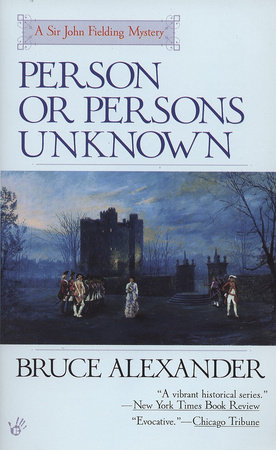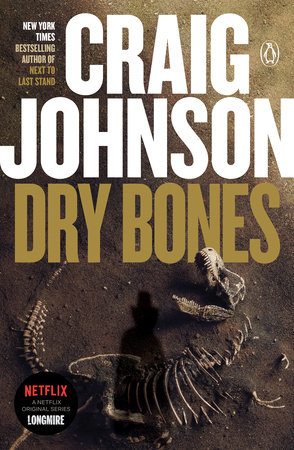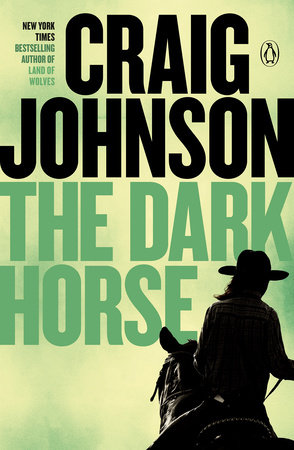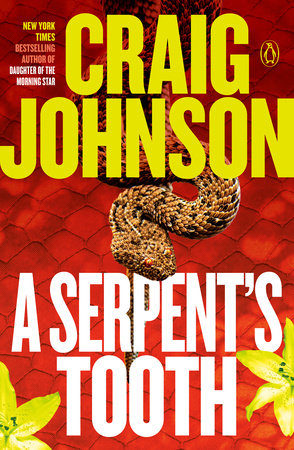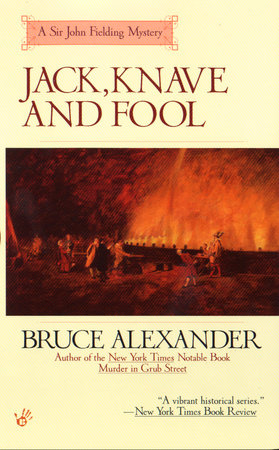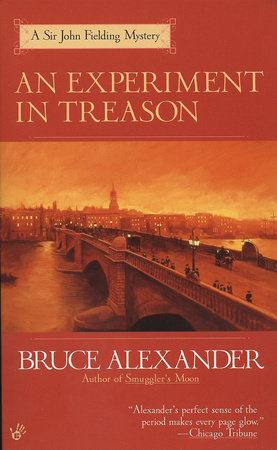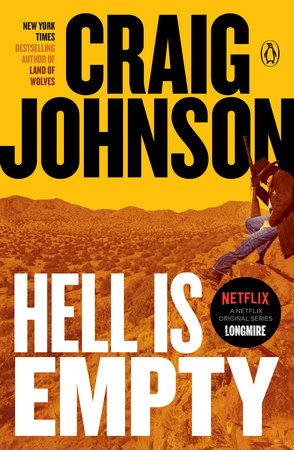A Conversation With Craig Johnson
Why did you choose Kindness Goes Unpunished for your title?
It’s no secret that I like using phrases for my titles that might have a double or deeper meaning. This one came from the former Philadelphia Inquirer editorialist Steve Lopez. “Philadelphia, land of giants, where no act of kindness goes unpunished.” I think it speaks to the fact that some of the best actions in our lives are the most misunderstood, and for Walt, Philadelphia and the East can be a contrary environment outside his experience or jurisdiction. A stranger in a strange land, his emotional state concerning his daughter lures him into a dangerous place where he feels as if he has to make up the rules and mete out punishment. In law enforcement or life, that’s a desperate place to be.
Family seems particularly important in Kindness Goes Unpunished—the bond between Walt and Cady but also between members of the Moretti family—and there is a degree of tenderness in your novel not found in many mysteries. Did you set out to make family a central concern of the novel or did it emerge as you told the story?
The importance of relationships is central to the story and to Walt’s life. Although the image of the vengeful loner is pretty iconic to the American West, it is not in my novels. Walt’s strengths lie in his connections to his family, his friends, and the people of the community. In the stark background of the high plains, the society of mankind becomes more evident, but it doesn’t mean that it’s any less essential on Broad Street. Family makes you tender, makes you confront your own humanity on an elevated scale; makes you deal with society, justice, honor, integrity—and that’s all before leaving the breakfast table in the morning. I think it was Sam Peckinpah who said it best: You need to enter your house justified.
The importance of hope also runs throughout the novel. Why did you decide to make hope such a powerful force in Kindness Goes Unpunished?
I’m not all that interested in the acts of violence that people perpetrate upon each other, but I am interested in the aftereffects of those acts. I’ve dealt with the aftermath of those dark moments, and that’s the part that has resonance for me. The positive aspects of the human condition can be tenuous in those times, but they are all we have to keep us going. Intrinsic to a “murder mystery” are the less than desirable traits of human interaction, but I think we, as writers, are also faced with conveying the good. We need to keep a positive outlook on humanity when faced with it at its worst. Hope, faith, and charity are damned important in keeping that humanity, even if those acts of kindness are punished. Just ask somebody when the chips are down. Without hope, well, there isn’t much of a future.
Why did you choose Philadelphia as the setting for the novel rather than the familiar terrain of Wyoming?
I like the cheese steaks from George’s on 9th Street in the Italian Market. Just kidding, even though I’ve been known to eat three a day. Seriously, I met my wife there. I love Philadelphia, and think it sometimes gets overlooked as one of the grand cities of the United States. So when I was casting about for a city that Cady might live in, Vic might’ve come from, and a place to which Walt would have a connection, Philadelphia became an obvious choice. That, and I have two daughters and a granddaughter there. Also, I wanted to take Walt out of his element and not have the novel seem like a bad episode of McCloud. (Sorry, Dennis.) There were things I wanted to explore outside of Absaroka County, so that I could learn and convey more about Wyoming, the West, and Walt in contrast.
This is your third Walt Longmire novel. Are you discovering more about Walt as you write about him from one novel to the next? Has he changed since you began writing about him?
Oh, God, yes. Anytime you take on a series in first-person present tense, you’re going to have to get to know that character damn well. I think it’s also more than pretty important that Walt and all the continuing characters in the books grow and change; it’s important to the readers and to me. When I first introduced Walt Longmire he was in the throes of an elongated depression, but in dealing with the complications of the case that is solved in The Cold Dish, and by facing his problems, he started coming around. He surprises me every day, and I figure that’s a good thing because if he’s surprising me, he might just be surprising the reader, and that’s part of my job.
What motivates you as a mystery writer—the issue of crime and the criminal mind, the deductive reasoning of detective work, the larger social problems that crime so often reveals?
All of the above, but the seminal motivation is definitely social problems. People always ask where I get my ideas, but just from the limited view I have of society, I get more ideas than I’ll ever have time to write. I subscribe to the Wall Street Journal, New York Times, Washington Post, Philadelphia Inquirer, and Los Angeles Times either in print or online, and the news from these sources is enough to make me want to climb up in the trees and start screaming, but it’s that irritation that motivates me for the long haul. Injustice is the burr under my saddle blanket, and it has become Walt’s as well.
What mystery writers have most influenced your own work?
Shakespeare, Chekhov, Dickens, Steinbeck, Harper Lee . . . Go ahead, tell me that they aren’t mystery writers. I dare you. Walter Van Tilburg Clark, Dorothy M. Johnson, Wallace Stegner, M. F. K. Fisher, Larry McMurtry, James Lee Burke, Tony Hillerman, James Crumley, Elmore Leonard, and George MacDonald Fraser. Some of them are mystery writers, some are Western writers, some are both, some are neither. I don’t like to classify as to genre, I guess. Poetry is important to the process; I learned that from my buddy Mark Spragg. I read a lot while writing and poetry is like jet fuel—Wendell Berry, Yeats, Rudyard Kipling, just to name a few. I was fortunate enough to use the work of another good friend, Mandy Smoker, in the novel—you want to know how smart this cowboy writer is? Smart enough to not try and write Indian poetry.
No doubt your readers are eager for the next novel and particularly curious about how the relationship between Vic and Walt will develop. Can you give us an insight and possibly a hint about what’s next?
Kiss and tell, huh? Umm . . . no. Well, I can talk about what it was I was attempting to do, but I’m not giving out with any forecast. I think the development of an event in the relationship became a foregone conclusion for a lot of readers, and the question was how long I was going to stretch it out. I’m nothing if not reactionary—in the Oxford English Dictionary way—so I opted for what seemed a natural conclusion, sooner rather than later. The motivational factors were there, whether they were love, sympathy, mother/daughter competition, or just plain lust, and the sex was indicative in its spontaneity. As stated before, I never think that the act itself is as important as the aftermath. Isn’t that always the case? It’s going to complicate things, but then why shouldn’t it? The layers of complexity in the character’s lives are the lifeblood of the series. Look for clues in how the characters deal with what has happened. Walt reacts with the more stereotypical female emotions of regret, concern, and connection, while Vic takes the more masculine response by looking at it as “just sex” (page 203). There’s a lot of generational stuff going on there, as well as gender. Will either or both of them get their hearts broken, live happily ever after, will these responses remain the same, or will they change and grow with the characters? I guess we’ll have to wait and see.






